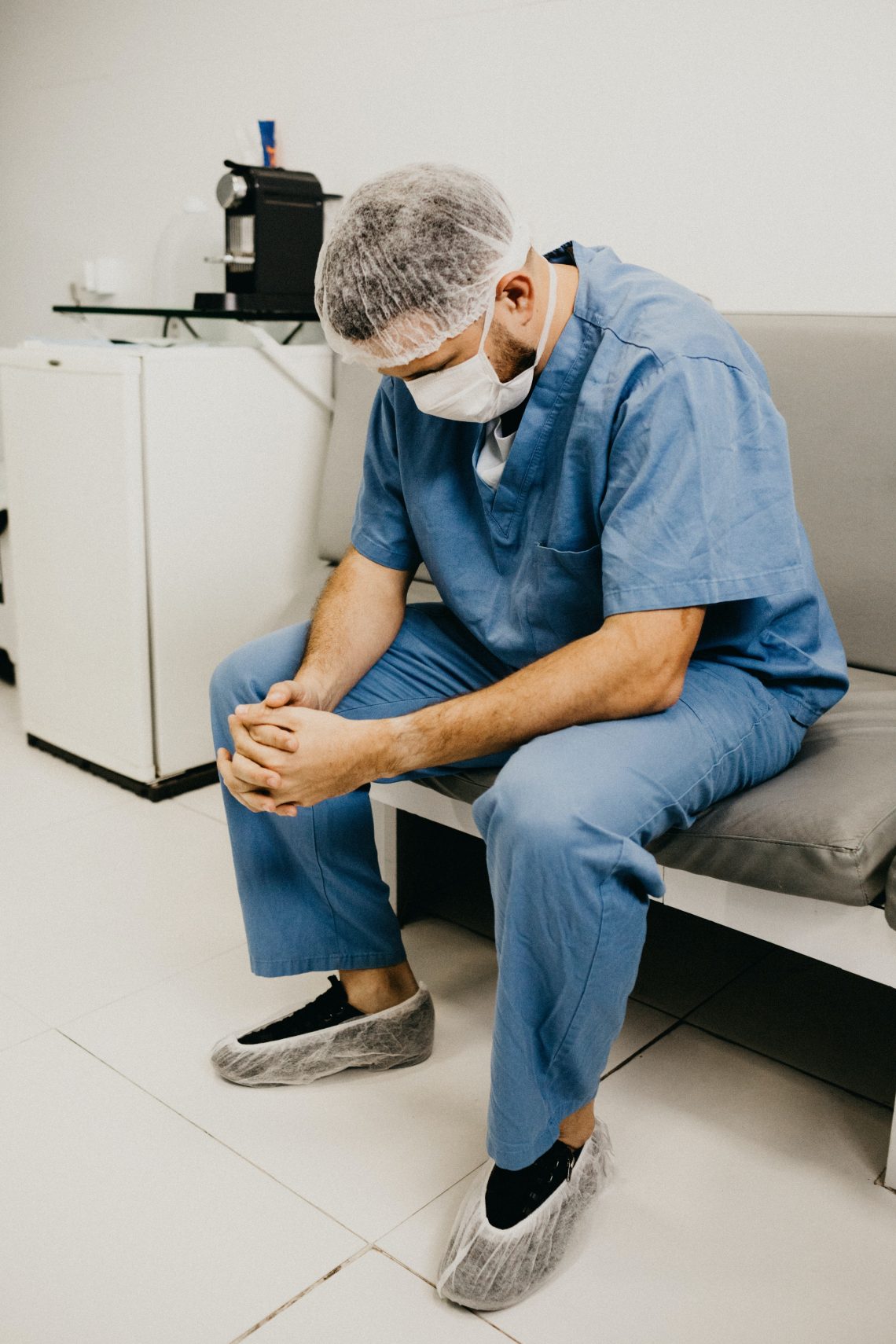
Guide to help frontline medical workers cope better
Frontline medical workers are grappling with grief, loss of lives and stress on a daily basis. This is also taking a toll on their physical, emotional and mental well-being. While it’s important for them to take some time off so that they can unwind with their families. The shortage of staff and limited leaves does not give them that much-needed break. Considering all of this psychologist Kanika Shah at Nimai healthcare suggests ways in which these essential personnel can cope better with the pandemic.
Frontline medical workers should focus on their mental well-being
Given the huge responsibility that rests on their shoulders of caring for so many lives, it’s important that frontline medical works pay attention to their own well-being. If they are to discharge their duties well, they need to take care of their physical and mental well-being.
- Try mindfulness and relaxation techniques at the workplace
Since frontline medical workers might find it difficult to take time off from their workspace; the use of mindfulness and relaxation techniques could help in providing brief periods of rest amidst work. Along with seeking help from professionals, there are reliable mental health resources available online, which can help with the same.
- Be realistic in their expectations
It can be helpful for them to recognise and take note for themselves of the things that are realistically within their control and those that are not. This can aid in combating feelings of helplessness that may arise.
- Validate their feelings, and not ignore them
Self talk and the way that one frames a situation is key to how we respond to it. Therefore the use of affirmations and reframing situations could help. Validating their feelings in these unprecedented times can help in the long run.
- Have a support group to reach out to
Using a digital means if necessary, reach out to family and friends for social support. Having a community of peers and supervisors they can talk to can help since they might be able to relate to their situation.
Healthcare systems should implement mental healthcare at an institutional level
While frontline medical workers can take steps to maintain their physical and mental well-being, it is also important for the healthcare systems they work in to implement mental healthcare at an institutional level. This could involve fair and timely remuneration, rotating shifts, access to mental healthcare and other such measures. Given the stigma that frontline medical workers have had to deal with, it is important to support them at a community level as well.




